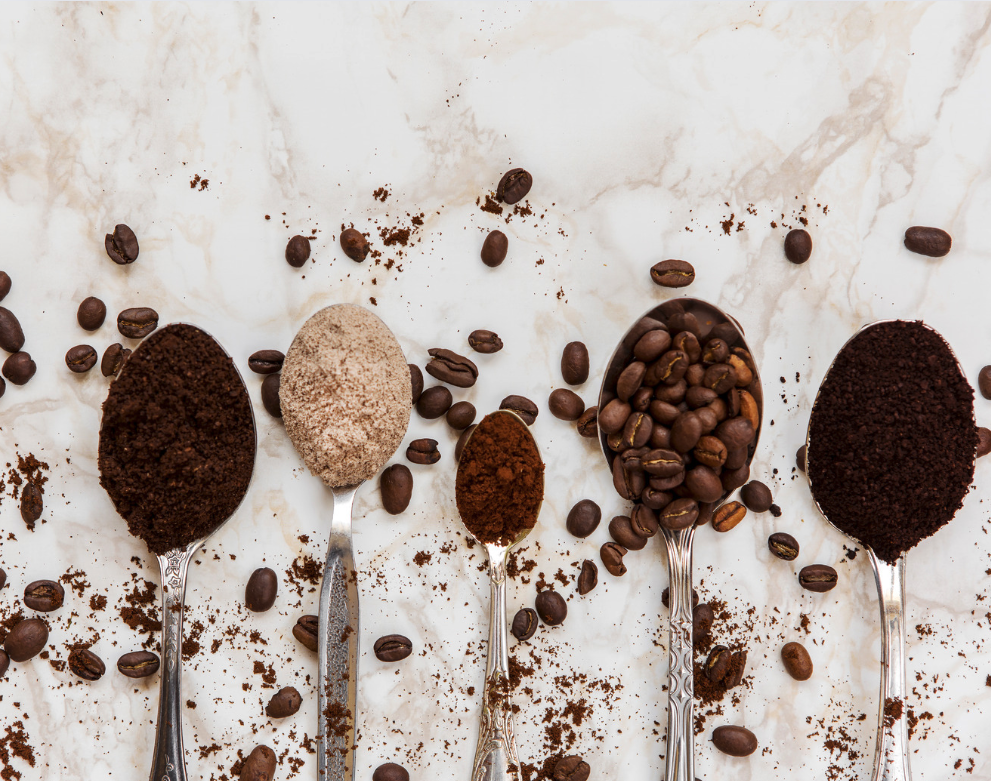Australia is famous for its great coffee and also grows really good coffee beans. The different weather and soil in different parts of the country help make different kinds of coffee. Knowing about the types of coffee grown in Australia can help us understand more about the country’s coffee and the flavours of Australian coffee.
Arabica Coffee Beans
Arabica coffee beans are Australia’s most widely grown variety, prized for their complex flavours and aromatic qualities. These beans thrive in the high-altitude regions of Queensland and Northern New South Wales, where the climate is more relaxed, and the soil is rich in nutrients. Arabica beans from Australia are known for their smooth, balanced flavours, often featuring notes of fruit, chocolate, and nuts.
Arabica beans require specific growing conditions to produce high-quality coffee. They are typically grown at altitudes between 600 to 1,200 metres above sea level, with temperatures ranging from 15 to 24 degrees Celsius. The subtropical regions of Australia provide an ideal environment for Arabica cultivation, with consistent rainfall and well-drained soils. This variety is highly susceptible to pests and diseases, necessitating careful cultivation and management practices to ensure healthy crops.
Robusta Coffee Beans
Though less prevalent than Arabica, robusta coffee beans are also grown in Australia, particularly in regions with lower altitudes and warmer climates. They are known for their robust, bold flavour and higher caffeine content than Arabica beans. Due to their strong flavour profile and crema-enhancing properties, robusta beans are often used in espresso blends and instant coffee.
Robusta beans are more resilient to pests and diseases and can thrive in conditions where Arabica beans might struggle. They are typically grown at altitudes below 600 metres, with temperatures ranging from 24 to 30 degrees Celsius. The beans are characterised by their earthy, nutty, and sometimes bitter flavour, making them a preferred choice for coffee blends requiring a more robust taste and higher caffeine kick.
Specialty Coffee Varieties
In addition to Arabica and Robusta, Australia has several specialty coffee varieties catering to niche markets and connoisseurs seeking unique flavours. These specialty beans often result from innovative agricultural practices, selective breeding, and attention to post-harvest processing.

Gesha Coffee Beans
One of Australia’s most renowned specialty coffee varieties is Gesha (or Geisha) coffee. Originally from Ethiopia, Gesha beans have gained popularity worldwide for their exceptional quality and distinctive floral and jasmine-like flavours. Australian coffee growers have successfully cultivated Gesha beans in regions with suitable microclimates, producing beans that fetch premium prices in the specialty coffee market.
Gesha beans are grown at high altitudes, similar to Arabica, and require meticulous care throughout the cultivation and processing stages. The beans are known for their bright acidity, complex flavours, and aromatic qualities, making them a favourite among coffee enthusiasts and specialty roasters.
Typica and Bourbon Coffee Beans
Typica and Bourbon are other notable specialty coffee varieties grown in Australia. These heirloom varieties are descendants of some of the oldest coffee plants known for their superior quality and unique flavour profiles. Typica beans typically offer a clean, sweet taste with a balanced body, while Bourbon beans are celebrated for their rich, buttery, and complex flavours.
Growing Typica and Bourbon beans in Australia requires careful selection of growing sites with optimal conditions. These varieties thrive in high-altitude regions with well-drained soils and moderate temperatures. Cultivating these beans often involves traditional farming practices and a focus on sustainability, contributing to their distinct quality and flavour.
Sustainable Coffee Farming Practices
Sustainability is a significant focus in the cultivation of coffee beans Australia. Many Australian coffee growers are committed to environmentally friendly practices, including organic farming, shade-grown coffee, and water conservation. These practices contribute to the ecosystem’s health and enhance the quality and flavour of the coffee beans.
Organic coffee farming avoids synthetic pesticides and fertilisers, relying instead on natural methods to maintain soil fertility and control pests. Shade-grown coffee involves cultivating coffee plants under the canopy of native trees, promoting biodiversity and protecting the environment. Water conservation techniques, such as drip irrigation and rainwater harvesting, are also employed to reduce the environmental impact of coffee cultivation.
The varieties of coffee beans grown in Australia, including Arabica, Robusta, and specialty beans like Gesha, Typica, and Bourbon, reflect the country’s diverse and dynamic coffee industry. The unique growing conditions and commitment to sustainable farming contribute to Australian coffee’s exceptional quality and flavour. As the industry continues to evolve, Australian coffee growers are poised to meet the challenges and opportunities of the future, ensuring that coffee beans from Australia remain a sought-after commodity in the global market.




